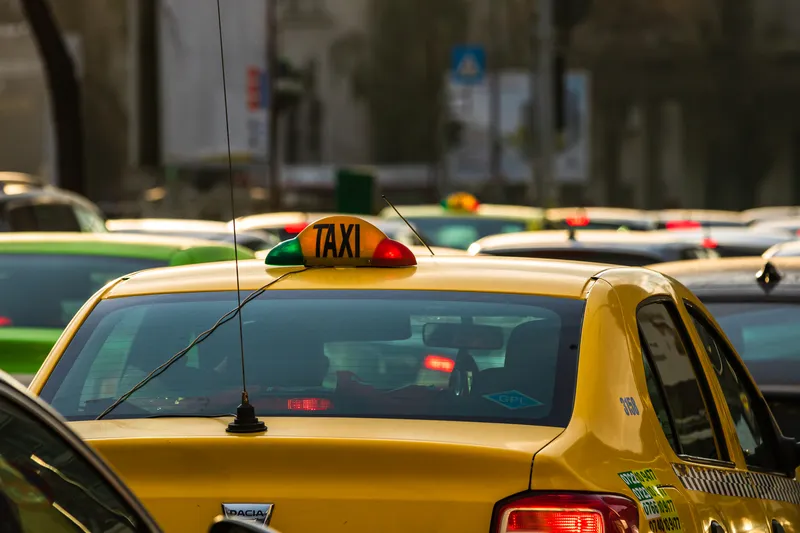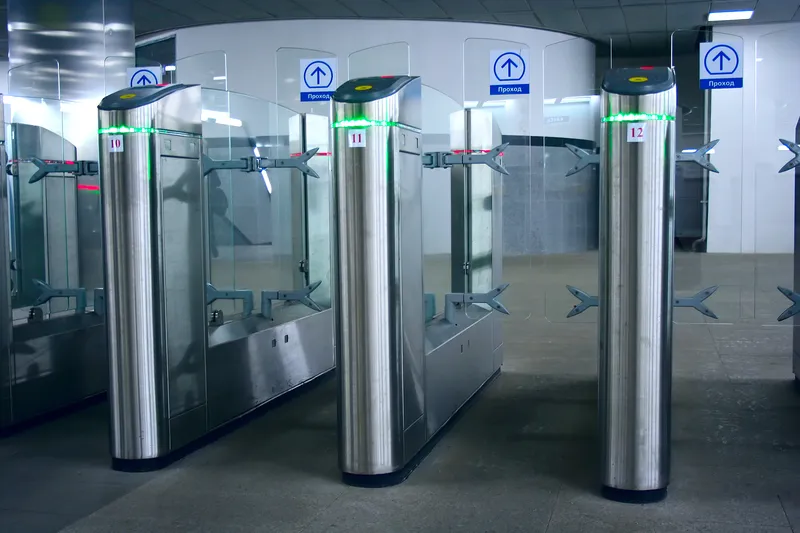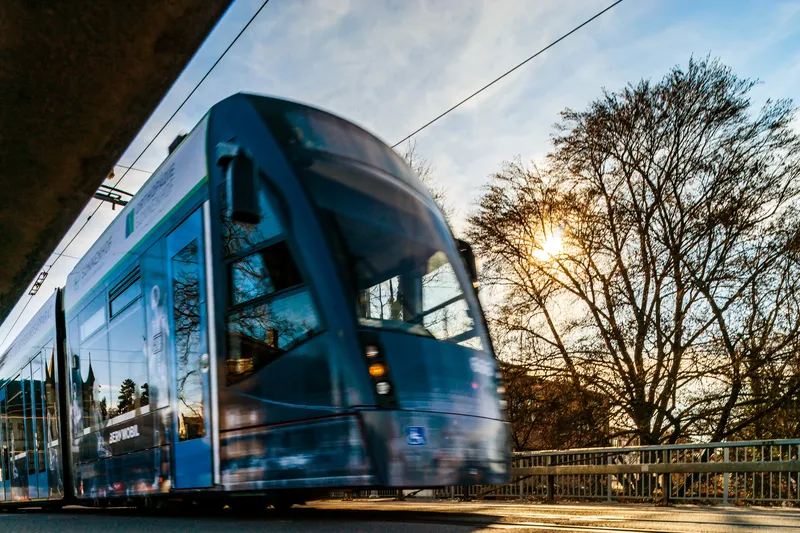
Transit has expanded a partnership that will allow users to access Curb taxi rides in its app in Chicago, Philadelphia and Washington, DC.
Transit users can now view real-time ETAs for the nearest taxis and combine the service with a variety of other mobility options, including trains, subways, buses, bike-share, and shared scooters.
Curb offers upfront pricing for riders on taxi trips in each city. The Transit app displays real-time taxi information to help simplify e-hailing for users.
In March, the partners launched their first integration in New York City (NYC).
The expanded partnership comes at a time when Curb taxi use is on the rise across major US cities.
Curb reported a 200% increase in average daily ride volume in NYC since April while more recent launches in Chicago and Washington, DC have resulted in more than 400% in average daily bookings.
Jason Gross, vice president, mobile, at Curb, says: “We’re continuing to improve the rider experience with integration solutions that provide an easier way for commuters to combine taxis into their travel plans and take advantage of the tried and true transportation option in metropolitan areas.”
Jake Sion, chief operating officer at Transit, says: “Expanding our partnership with Curb from New York to Chicago, Philly, and DC. makes it even easier for riders to integrate taxis into their transit connections. Whether you’re a daily commuter, or just in town for the day, the easier we make it to combine core transportation options like taxis and public transit, the better off our cities will be.”










